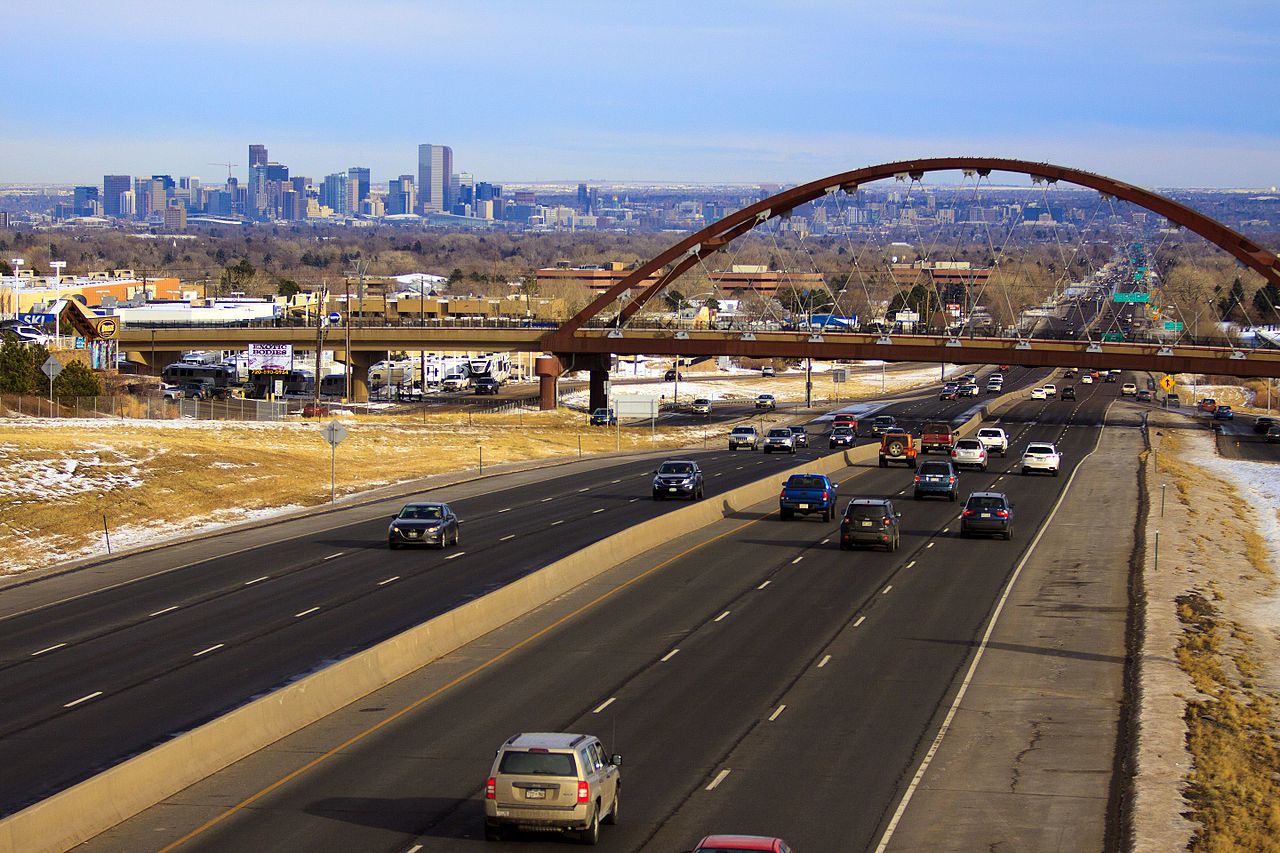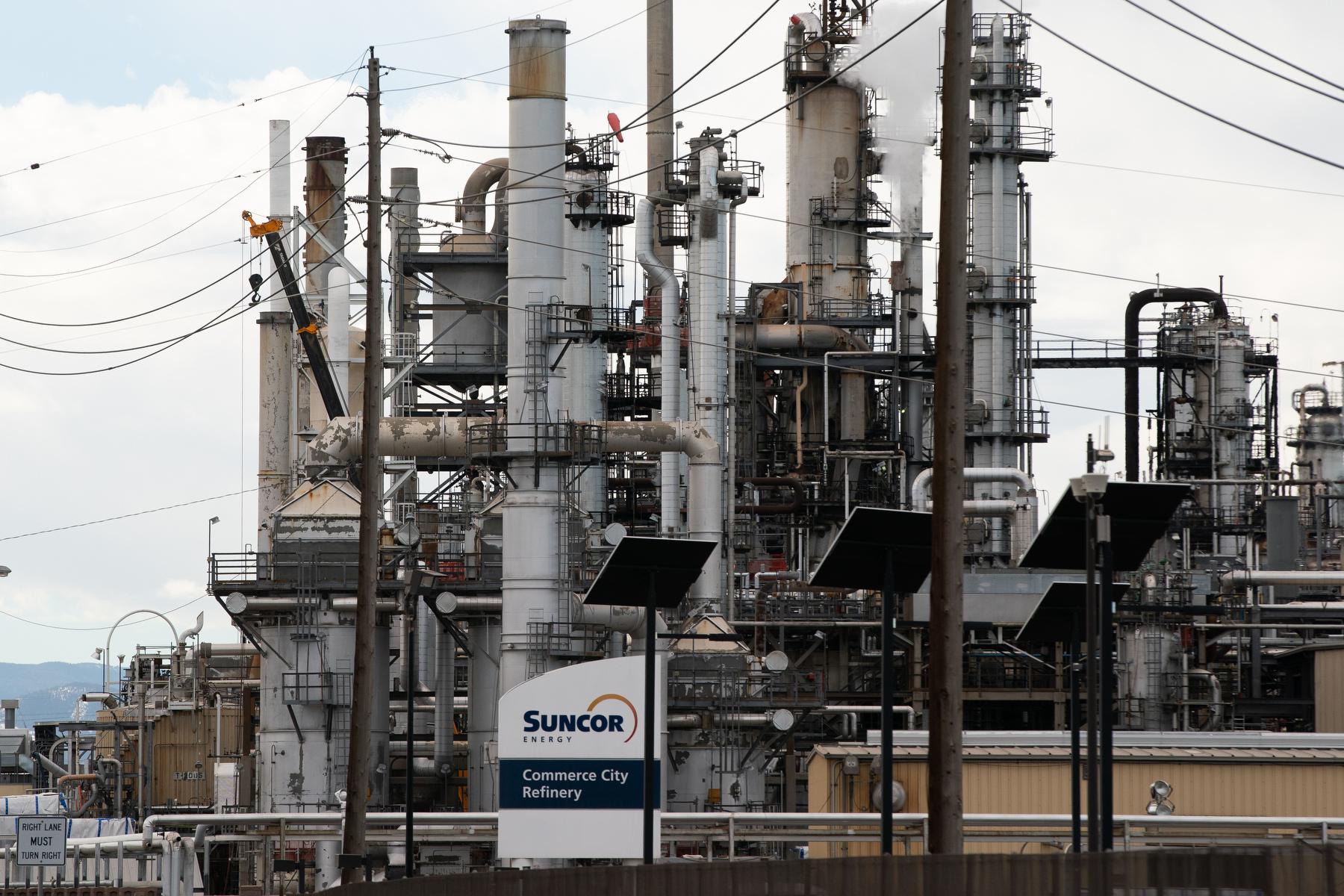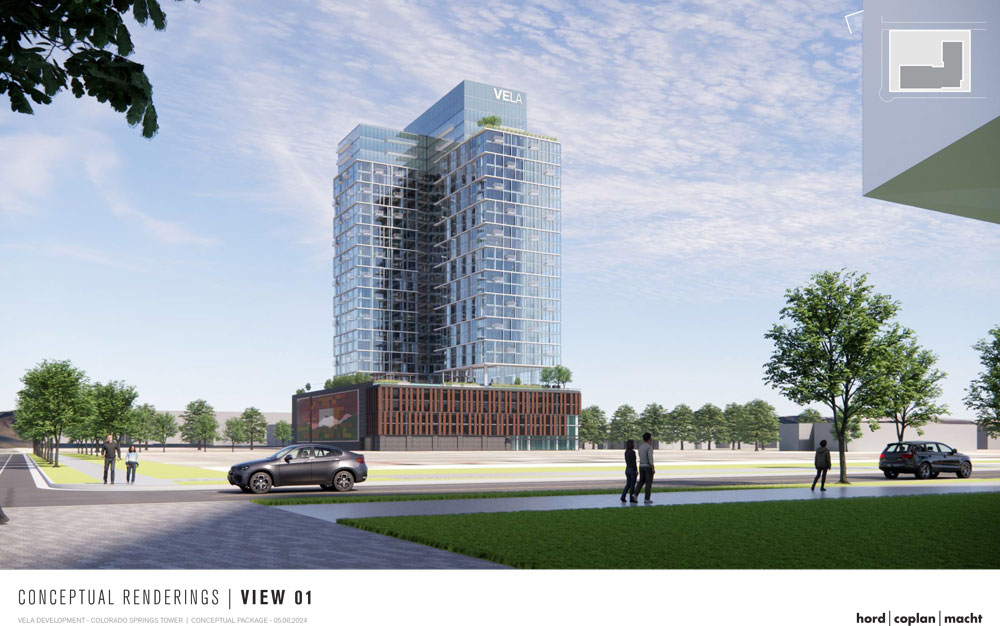
Updated July 2, 2019: Ballots are due today.
Voters in Lakewood are deciding what growth in their city might look like and if it should slow down.
Ballots for the special election are out in the mail and are due July 2 by 7 p.m. The question:
Shall the City of Lakewood limit residential growth to no more than 1 percent per year by implementing a permit allocation system for new dwelling units, and by requiring City Council approval of allocations for projects of 40 or more units?
If the measure passes, it will likely mean fewer than 700 such permits for new housing would be available in the year after approval in Lakewood.
In April, the city council decided to send the question to voters instead of passing the measure itself. It’s been the subject of a lawsuit that delayed taking the question to voters, and it is nearly two years in the making.
As much of the Front Range continues to deal with unprecedented growth, residents in Lakewood aren’t the only ones who have attempted to limit how their city grows. Boulder has tried for years to control housing density, Greenwood Village voters populated a city council with people who said they would try to slow growth, and Broomfield and Denver passed measures aimed at slowing down building.
Generally, supporters of such growth-limiting proposals want time for infrastructure to catch up with growth and to preserve neighborhoods as is. Opponents worry about rising housing costs and low supply pricing people out of affordable housing.
During a special election forum in May, Cathy Kentner of the Lakewood Strategic Growth Initiative said the way Lakewood is handling growth is not working.
“What we are doing now, unfettered growth, is causing prices to rise, crowding our streets and schools and overburdening our precious open space,” she said.
Conversely, Bill Furman, with Our Lakewood 2019, said the initiative will create “single-family sprawl.”
“It will push development to the periphery outside Lakewood, and in doing so … will reduce the opportunities for new open space,” he said.
Even as development continues in many parts of the Front Range, there are signs the housing market may be cooling, and many continue the push for affordable housing.









